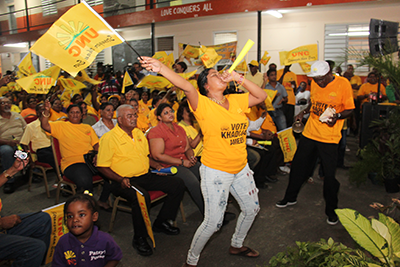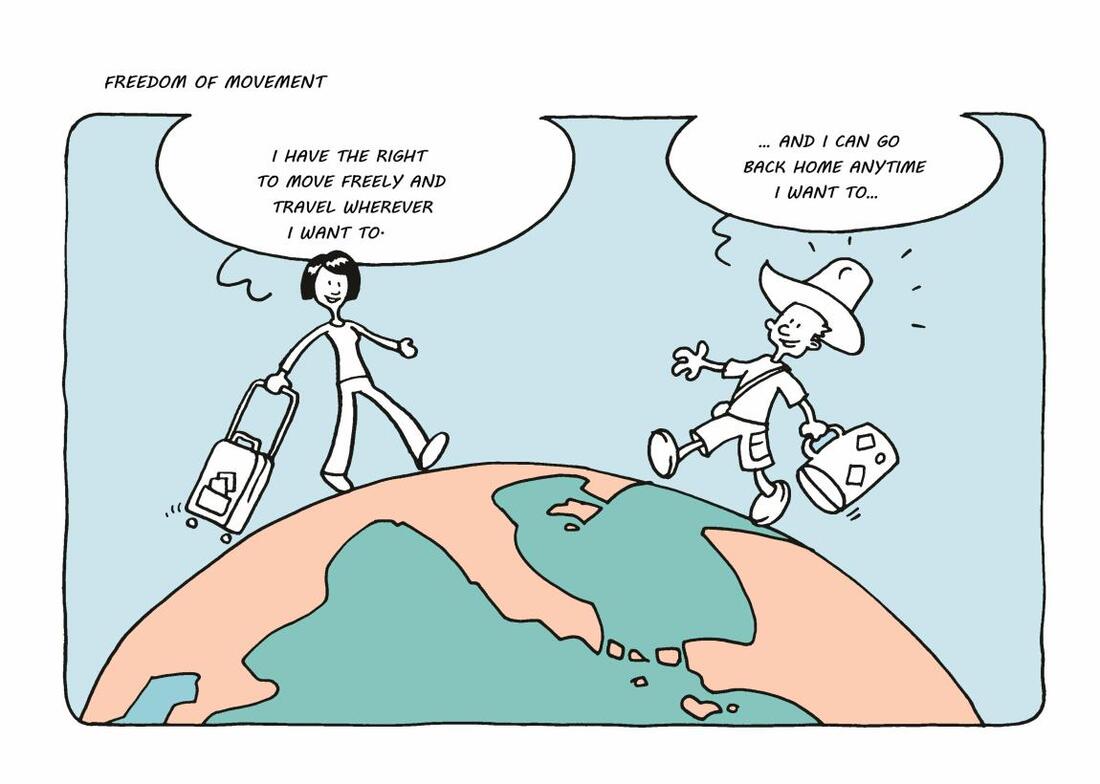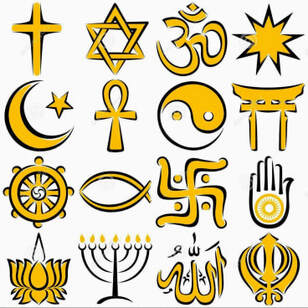|
We’re always hearing the term “constitutional rights” but what are they? – What are our constitutional rights in Trinidad and Tobago?
Our constitutional rights are set out in the Constitution of Trinidad and Tobago. The Constitution of Trinidad and Tobago was put into law (enacted) by Parliament on March 29, 1976 and took effect on August 1, 1976. The Constitution is the supreme or highest law of the land (think of it as the holy grail of laws). It means that any laws passed in Parliament must be in keeping with what is set out in the Constitution.
Section 4 and 5 of our Constitution enshrines and protects certain fundamental rights and freedoms. Section 4 declares that in T&T these rights exist without discrimination by reason of race, origin, colour, religion or sex. It then lists these rights, which are: (a) The right of an individual to life, liberty, security of the person and the enjoyment of property and the right not to be deprived of these except by the due process of law. This means that your right to life is protected by law; you have a right not to be unlawfully killed by the state and for the state’s systems to be designed to protect your life. You have the right to be free; to not be unlawfully detained and to receive compensation if you are the victim of an unlawful arrest or detention. You are also entitled to the peaceful enjoyment of your property and possessions. (b) The right to equality before the law and the protection of the law This means the law applies equally to all persons and no one is above the law. All persons, regardless of their race, origin, colour, religion, sex, rank or status, have the right to be treated equally (as any other person would be) by the law and the courts. All persons, regardless of their race, origin, colour, religion, sex, rank or status, have the right of access to the courts. (c) The right to respect for your private and family life Everyone has the right to respect for his private and family life, his home and his correspondence (such as his emails, letters and telephone messages). (d) The right to equality of treatment by public bodies in the exercise of any functions You have the right to be treated the same as anyone else by a public body in the exercise of its functions. (e) The right to join political parties and express political views You have a right to join any political party you wish to join (or none at all).
(f) The right of a parent or guardian to provide a school of his or her own choice for the education of a child or ward
(g) Freedom of movement
You have a right to move around your country freely and to leave the country and return freely. This is a right we often take for granted. In other countries such as North Korea and Cuba this right is severely restricted.
(h) Freedom of conscience and religious belief and observance
This right includes: freedom to worship, freedom to teach and practice your religion or belief, freedom to change your religion or belief and the right to not follow a religion or belief altogether.
(i) Freedom of thought and expression
This right includes: freedom to hold opinions and to receive and impart information and ideas without interference by a public authority.
(j) Freedom of association and assembly
Freedom of association and assembly means you have the right: – To take part in peaceful protests and demonstrations – To join with others to achieve a particular goal – To form or join trade unions
(k) Freedom of the press.
Freedom of the press is the freedom of expression through various mediums, such as newspapers, magazines and other published materials without government restriction. The purpose is to ensure that the press have every opportunity to provide the public with information even if it may be damaging to persons or institutions within the public domain (like politicians or members of Parliament).
Section 5 of the Constitution then goes on to say that no law may abrogate, abridge or infringe or authorise the abrogation, abridgement or infringement of any of these rights – which simply means no law made can abolish these rights.
The Parliament (unless it follows certain steps set out in the Constitution) may not pass any law that: (a) Allows the arbitrary detention, imprisonment or exile of any person; (b) Imposes cruel and unusual treatment or punishment on any person; (c) Deprives a person who has been arrested or detained of: (i) the right to be informed promptly of the reason for his arrest or detention, (ii) the right to retain and instruct a legal adviser of his own choice and to communicate with him (iii) the right to be brought promptly before a court (iv) the remedy of habeas corpus that determines the validity of his detention and for his release if the detention is not lawful. (d) Authorises a court, tribunal or other authority to compel a person to give evidence without allowing him protection against self-incrimination. (e) Deprives a person of the right to a fair hearing; (f) Deprives a person charged with a criminal offence of the right-- (i) to be presumed innocent until proved guilty; (ii) to a fair and public hearing by an independent and impartial tribunal; or (iii) to reasonable bail without just cause; (g) Deprives a person of the right to the assistance of an interpreter if he does not understand or speak English; or (h) Deprives a person of the right to any procedural provisions to give effect and protection to these rights and freedoms. Remember that none of these rights are absolute- in certain instances they have limitations; these rights are subject to the laws that existed before the Constitution was passed, the emergency powers of the state and the rights and freedoms of other individuals.
Important Notice: This post does not constitute legal advice. Always consult with an attorney on any legal problem or issue.
This website is managed by AURORA Chambers; a law practice in Trinidad and Tobago. Click HERE to receive updates straight to your inbox by subscribing to our newsletter.
5 Comments
Ferdinand
10/2/2024 09:52:21 pm
Will love to learn more and understand the law for my safety, cause I been a target and never took the time to know my rights as a Trinidadian
Reply
Clinton
26/3/2024 03:04:52 pm
Yes I will interested in this kind of education or training
Reply
Mr Clinton
19/2/2024 04:01:43 pm
I am presently been denied my rights to an education, and my freedom to worship is been interfere with, and i am experiencing discrimination at the Institution by a couple members of the Student body.
Reply
Leave a Reply. |
Categories
All
Archives
June 2024
|
LawForAllTT.com |
|















 RSS Feed
RSS Feed